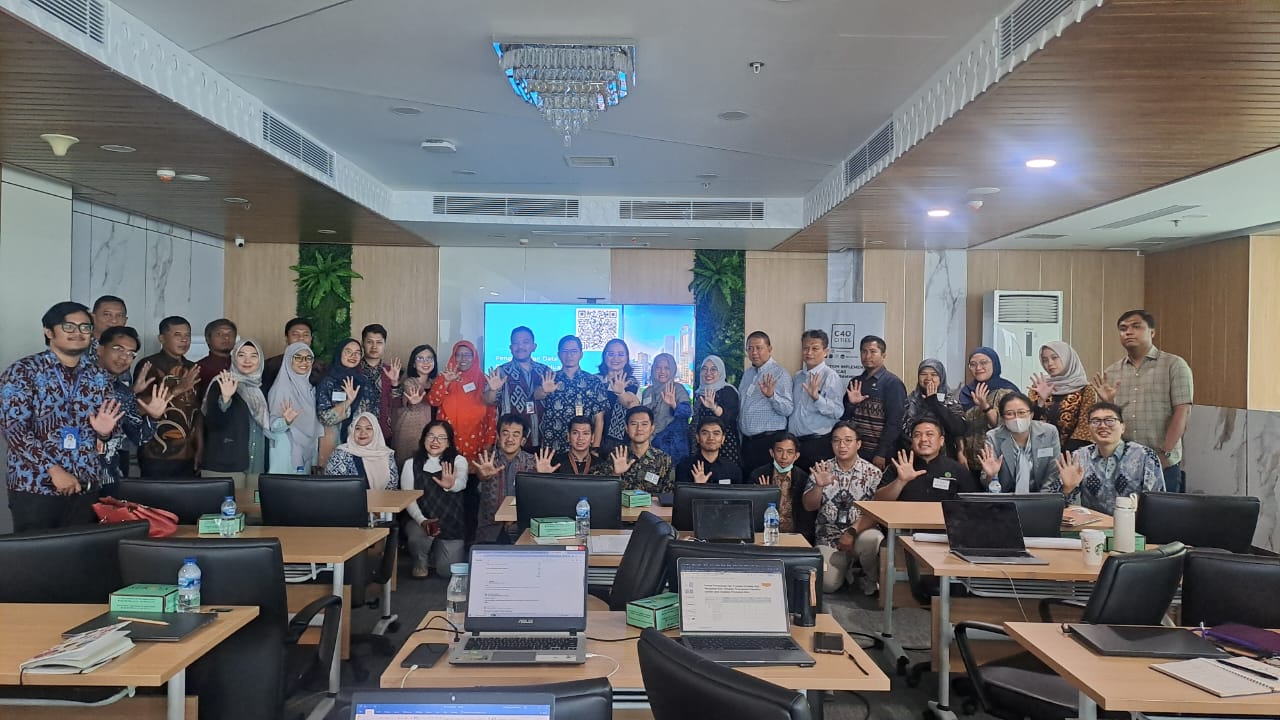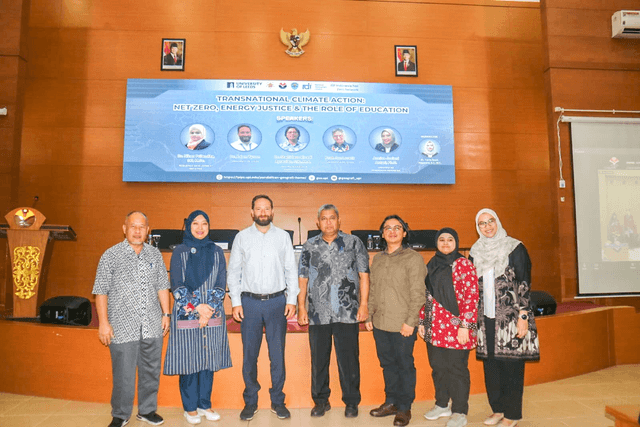C40 Climate Action Implementation Workshop for Adaptation and Mitigation Action Data Collection

Participant of C40 Climate Action Implementation Workshop
To strengthen Jakarta’s capacity in climate change mitigation, Dr Elisabeth Rianawati (RDI Director), as part of the Deka Pratama Perdana (DKPP) team, organised a “Workshop on Data Collection for Monitoring, Evaluation, and Reporting (Pemantauan Evaluasi Pelaporan/PEP) of Low-Carbon Development Actions in Jakarta” on 19 June 2025 at Jakarta City Hall. The workshop is conducted as a part of the collaboration between C40 Cities and the Government of DKI Jakarta in the Climate Action Implementation (CAI) Programme, funded by the Urban Climate Action Plan (UCAP) Programme and the UK Government. The workshop brought together representatives from government agencies, state-owned enterprises, and the private sector to enhance the consistency and accuracy of greenhouse gas data collection, aiming to improve emission calculations, track mitigation achievements, and ensure credible climate reporting aligned with national platforms such as AKSARA and SRN.
Vrilly N. Rondonuwu, C40 Cities City Adviser for DKI Jakarta, delivered the opening remarks, underscoring the importance of accurate and comprehensive data collection to support the monitoring and evaluation of climate actions in Jakarta. Helmi Zul Hidayat, Head of the Environmental Management Division at the DKI Jakarta Environmental Agency, further emphasised the regulatory mandate under the Peraturan Gubernur DKI Jakarta No. 90 Tahun 2021, which calls for the establishment of a collaborative platform among various climate action data owners to enable effective GHG emission inventory and mitigation action reporting.
Climate Action Monitoring and Evaluation in Jakarta
In the plenary session, the DKPP team presented the C40 CAI project, which aims to strengthen Jakarta’s capacity for climate action monitoring through the development of a digital platform to support the government in conducting GHG emission inventories and reporting. The platform, Sistem Informasi Gas Rumah Kaca Daerah (SIGD), was established in 2024 and is scheduled to be enhanced by 2025 to include features for adaptation and mitigation data.
The development of SIGD is structured into five key phases: (1) identification and collection of initial data, (2) development and validation of the prototype, (3) full-scale platform development, (4) training and outreach to relevant stakeholders, and (5) finalisation and handover. These stages are designed to ensure that the platform is not only technically robust but also responsive to the needs of its users across government agencies and other climate action data holders.
Data Availability Mapping
In the breakout session, participants were grouped according to their sectoral classifications. The workshop began with an initial activity: completing a data mapping matrix. This matrix aimed to align the climate actions currently available on the platform with the respective data ownership of each stakeholder institution. This activity provided insights into potential users of the climate action features and informed adjustments to the methodologies based on the data availability within these institutions. In the land sector, only 3 out of 12 listed mitigation actions have been implemented, mainly by the Balai Konservasi Sumber Daya Alam (BKSDA) through conservation and carbon stock enhancement, with a suggestion to include coral reef conservation under blue carbon. DKPKP reported activities like urban farming, while data availability for forestry actions under Distamhut remains unclear. In the waste sector, 4 out of 5 actions are ongoing, with data sourced from the Environment Agency, Water Resources Agency, and PALJAYA. Industrial waste (POME) management has yet to be confirmed due to the absence of stakeholders. In the energy, industry, and transport sectors, actions are mostly internal to government buildings, while commercial building operators reported more comprehensive efforts, and Dishub leads transport initiatives, including bus rapid transit (BRT) reform, ITS, electric vehicles (EV) adoption, and Car Free Days
Challenges in Data Collection
The main challenges identified include limited data availability and consistency, fragmented institutional coordination, a lack of standardised methodologies for monitoring and reporting, and the absence of measurable indicators for several mitigation actions. These issues hinder the integration of climate actions into a centralised platform and reduce the reliability of emissions tracking. Moving forward, continued collaboration among stakeholders is essential to address these challenges and ensure the successful integration of mitigation and adaptation data into the SIGD platform. By strengthening institutional coordination, improving data quality, and refining monitoring methodologies, Jakarta can enhance the credibility of its climate reporting and better align with national and international climate goals. The outcomes of this workshop mark a critical step toward building a more robust, transparent, and data-driven framework for climate action in the city.

